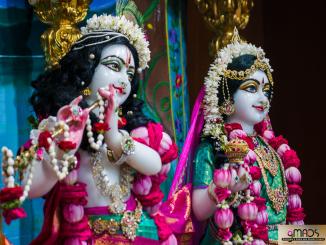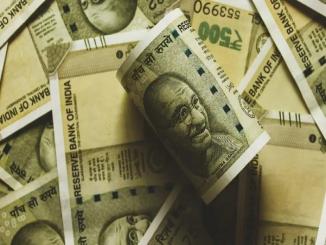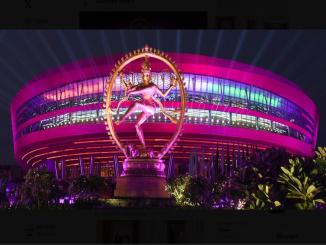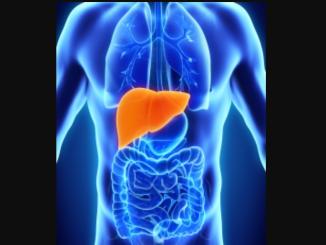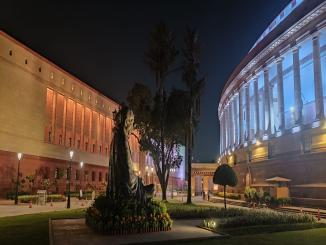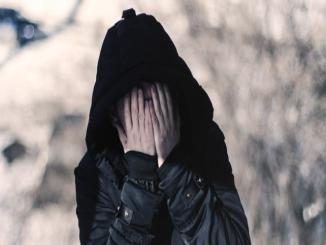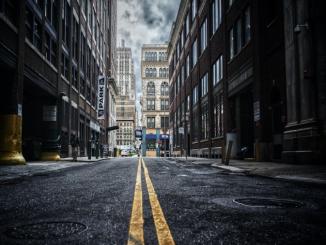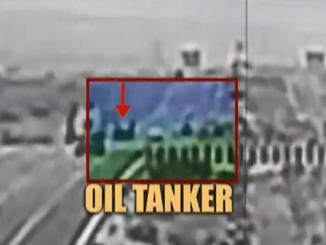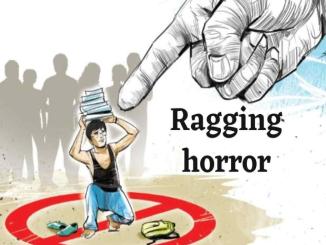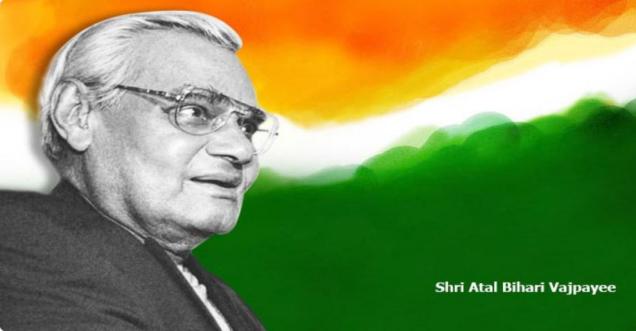
India, Atal Bihari Vajpayee: The 10th Prime Minister of India Shree Atal Bihari Vajpayee was born on 25 December 1924. He was the 10th Prime Minister of India, first for 13 days in 1996 and then from 1998 to 2004. A great leader of the Bharatiya Janata Party (BJP). He is the first Prime Minister from outside the Indian National Congress party to serve a full five-year term.
Today the great Prime Minister, the Bharat Ratna awardee, Shree Atal Bihari Vajpayee turns 92 today.
A small video of the Man for who was known for his great oratory
A parliamentarian Journey
Vajpayee was elected to the Lok Sabha for 10 times and twice to the Rajya Sabha In Uttar Pradesh, he also served as the Member of Parliament for Lucknow, until 2009, when he retired from active politics due to health concerns. Atal was a parliamentarian for over four decades.
Bharatiya Janata Party Founder: He was one of the members among the founder of erstwhile Bharatiya Jana Sangh, which he had also headed. He was also the partof the Minister of External Affairs in the cabinet of Morarji Desai. Later when Janata government collapsed, Vajpayee restarted the Jana Sangh as the Bharatiya Janata Party in 1980.
Bharat Ratna Atal Bihari Vajpayee:
Vajpayee was awarded the India's highest civilian award On 25 December 2014, the office of President of India announced the Bharat Ratna award, India's highest civilian honor, to Vajpayee. The President of India conferred Bharat Ratna to Atal Bihari Vajpayee in his residence on 27 March 2015, it was indeed great and was a special gesture by the presedent to give this award at home
His birthday, 25 December, was declared "Good Governance Day".
Early life and RSS
Vajpayee was born on 25 December 1924 in Gwalior to Mother Krishna Devi and Krishna Bihari Vajpayee on. Vajpayee studied from the Government Higher secondary school, Gorkhi, Bara, Gwalior.
His activism started with the Arya Kumar Sabha of Gwalior, of which he became the General Secretary in 1944. Later he also joined the Rashtriya Swayamsevak Sangh (RSS) as a swayamsevak in 1939. He became a "full-time worker" in 1947. He gave up studying law due to the partition riots. He was sent as a probationary pracharak to Uttar Pradesh and quickly began working for the newspapers of Deendayal Upadhyaya, Rashtradharma, Panchjanya ( both a Hindi weekly) and the dailies Swadesh and Veer Arjun.
Atal Bihari Vajpayee never married and has remained a bachelor his entire life.
Born as a political career (1942–1975) Vajpayee's first exposure to politics was in August 1942, when he and his elder brother Prem were arrested for 23 days during the Quit India movement. In 1951, he started to work for the newly formed Bharatiya Jana Sangh, a Hindu right-wing political party associated with the RSS. Prime Minister Jawaharlal Nehru, was so impressed by his oratory skills that he predicted that Vajpayee would someday become India's Prime Minister. By virtue of his oratorical and organizational skills, he became the face of the Jana Sangh. After the death of Deendayal Upadhyaya, the mantle of the leadership of Jana Sangh fell on the shoulders of a young Vajpayee. He became the national president of the Jana Sangh in 1968 and, along with Nanaji Deshmukh, Balraj Madhok and L. K. Advani, led the Jana Sangh to national prominence. Thus became one of the founder member of BJP. Political career (1975–1995)From 1975 to 1977, Vajpayee was arrested during the Internal Emergency imposed by Prime Minister Indira Gandhi.In 1977, heeding the call of social reformer Jayaprakash Narayan for all the opposition parties to unite against the Congress, Vajpayee merged the Jana Sangh into the newly formed grand-alliance, the Janata Party. Following Janata's victory in the 1977 general elections, he became the Minister of External Affairs in Prime Minister Morarji Desai's cabinet. Bharatiya Janata Party Formation: Vajpayee joined many of his Bharatiya Jana Sangh and Rashtriya Swayamsewak Sangh colleagues, particularly his long-time friends L. K. Advani and Bhairon Singh Shekhawat, to form the Bharatiya Janata Party (BJP) in 1980. He became the BJP's first President. As prime minister of India, 1996 Vajpayee served as the Prime Minister of India between 1996 and 2004 in three non-consecutive terms. First term: May 1996The BJP grew in strength in the early 1995 riding on pro-nationalistic sentiments. In the 1996 general elections, the BJP emerged as the single largest party in the Lok Sabha. The BJP failed to muster enough support from other parties to obtain a majority. He resigned after 13 days Second term: 1998–1999The 1998 general elections again put the BJP ahead of others. This time, a cohesive bloc of political parties joined the BJP to form the National Democratic Alliance (NDA), and Vajpayee was sworn in as the Prime Minister. The NDA proved its majority in the parliament. The government lasted 13 months until mid-1999 when the All India Anna Dravida Munnetra Kazhagam (AIADMK) under J. Jayalalitha withdrew its support to the government.The government lost the ensuing vote of confidence motion in the Lok Sabha by a single vote on 17 April 1999.
Third term: 1999–2004
In the 1999 general elections, the BJP-led NDA won 303 seats out of the 543 seats in the Lok Sabha, in the aftermath of the Kargil operations,[21] thereby securing a comfortable and stable majority. On 13 October 1999, Atal Bihari Vajpayee took oath as Prime Minister of India for the third time.
Top 10 Success, failure and Achievement of Atal Vihari Vajpayee
- Nuclear tests
In May 1998, India conducted five underground nuclear tests in Pokhran desert in Rajasthan, 24 yrs after India conducted its first nuclear test Pokhran-I in 1974. This test is called Pokhran-II. The tests were held just a month after the government had been in power. Two weeks later, Pakistan responded with its own nuclear tests making it the newest declared nation with nuclear weapons.
- The Lahore summit
In late 1998 and early 1999, Vajpayee began a push for a full-scale diplomatic peace process with Pakistan. With the historic inauguration of the Delhi-Lahore bus service in February 1999, Vajpayee initiated a new peace process aimed towards permanently resolving the Kashmir dispute and other conflicts with Pakistan.
- Kargil War
It was revealed that militants and non-uniformed Pakistani soldiers had infiltrated into the Kashmir Valley and captured control of border hilltops, unmanned border posts and were spreading out fast. The incursion was centred around the town of Kargil, but also included the Batalik and Akhnoor sectors and artillery exchanges at the Siachen Glacier.
Indian army units were swiftly rushed into Kashmir in response. Operation Vijay, launched in June 1999. Over 500 Indian soldiers were killed in the three-month-long Kargil War, and it is estimated around 600-4,000 Pakistani militants and soldiers died as well.
The victory in Kargil bolstered the image of Vajpayee and he was hailed across the country for his bold and strong leadership.
- Indian Airlines hijack
A national crisis emerged in December 1999, when Indian Airlines flight IC 814 from Kathmandu to New Delhi was hijacked by five terrorists and flown to Taliban-ruled Afghanistan. The hijackers made several demands including the release of certain terrorists like Maulana Masood Azhar from prison. Under extreme pressure, the government ultimately caved in. Jaswant Singh, the Minister for External Affairs at the time, flew with the terrorists to Afghanistan and exchanged them for the passengers.
- National highway project, foreign policy and economic reforms
During his administration, Vajpayee introduced many domestic economic and infrastructural reforms, including encouraging the private sector and foreign investments, reducing governmental waste, encouraging research and development and privatisation of some government owned corporations. The UPA Government on 1 July 2013 accepted before Supreme Court that National Democratic Alliance Government led by Vajpayee has developed half the roads in last 32 years in their 5-year term.
Vajpayee's pet projects were the National Highway Development Project and Pradhan Mantri Gram Sadak Yojana.
Vajpayee's administration earned the ire of many trade unions and government workers for its aggressive campaign to privatise government owned corporations.
Vajpayee promoted pro-business, free market reforms to reinvigorate India's economic transformation and expansion that were started by the former PM Narasimha Rao but stalled after 1996 due to unstable governments and the 1997 Asian financial crisis.
Increased competitiveness, extra funding and support for the information technology sector and high-tech industries, improvements in infrastructure, deregulation of trade, investments and corporate laws —- all increased foreign capital investment and set in motion an economic expansion.
- 2001 attack on Parliament
On 13 December 2001, a group of masked, armed men with fake IDs stormed the Parliament building in Delhi. The terrorists managed to kill several security guards, but the building was sealed off swiftly and security forces cornered and killed the men, who were later proven to be Pakistan nationals.
The Vajpayee administration also passed the Prevention of Terrorist Act against vigorous opposition of non-NDA parties.
- Biggest political disaster hit his government between December 2001 and March 2002: the VHP held the Government hostage in a major standoff in Ayodhya over the Ram temple. At the 10th anniversary of the destruction of the Babri mosque, the VHP wanted to perform a shila daan, or a ceremony laying the foundation stone of the cherished temple at the disputed site. Tens of thousands of VHP activists amassed and threatened to overrun the site and forcibly build the temple. A grave threat of not only communal violence, but an outright breakdown of law and order owing to the defiance of the government by a religious organisation hung over the nation. But to the relief of Vajpayee, his government was able to tide over this crisis rather smoothly.
- 2002 Gujarat violence
In 2002, Hindu-Muslim violence in the state Gujarat killed more than 1,000 people. Vajpayee officially condemned the violence.
Later, Vajpayee made controversial remarks: "Wherever there are Muslims in large numbers, they do not want to live in peace."
- Remainder of term
In late 2002 and 2003 the government pushed economic reforms, and the country's GDP growth accelerated at record levels, exceeding 6–7%. Increasing foreign investment, modernisation of public and industrial infrastructure, the creation of jobs, a rising high-tech and IT industry and urban modernisation and expansion improved the nation's international image. Good crop harvests and strong industrial expansion also helped the economy.
The government reformed the tax system, increased the pace of reforms and pro-business initiatives, major irrigation and housing schemes and so on. The political energies of the BJP shifted to the rising urban middle-class and young people, who were positive and enthusiastic about the major economic expansion and future of the country.
He faced stiff opposition from other equally strong organisations in the RSS family such as the Bharatiya Mazdoor Sangh and the Bharatiya Kisan Sangh. However, he continued with his aggressive economic reform policy.
- 2004 general election
The NDA was widely expected to retain power after the 2004 general election. The 13th Lok Sabha had been dissolved before the completion of its term to capitalise on the perceived 'feel-good factor' and BJP's recent successes in the Assembly elections in Rajasthan, Madhya Pradesh and Chhattisgarh. The BJP hoped to capitalise on the slogan "India Shining" and released many ads touting the economic growth of the nation.
However, the coalition lost almost half of its seats, with several prominent cabinet ministers being defeated. The Indian National Congress, led by Sonia Gandhi, became the single largest party and, along with many minor parties, formed the United Progressive Alliance.
(Source and inputs from wikipedia)
We wish the leader of the great nation on his 92 birthday and wish for his healthy life ahead, Happy Birthday Bharat Ratna Atal Bihari Vajpayee




